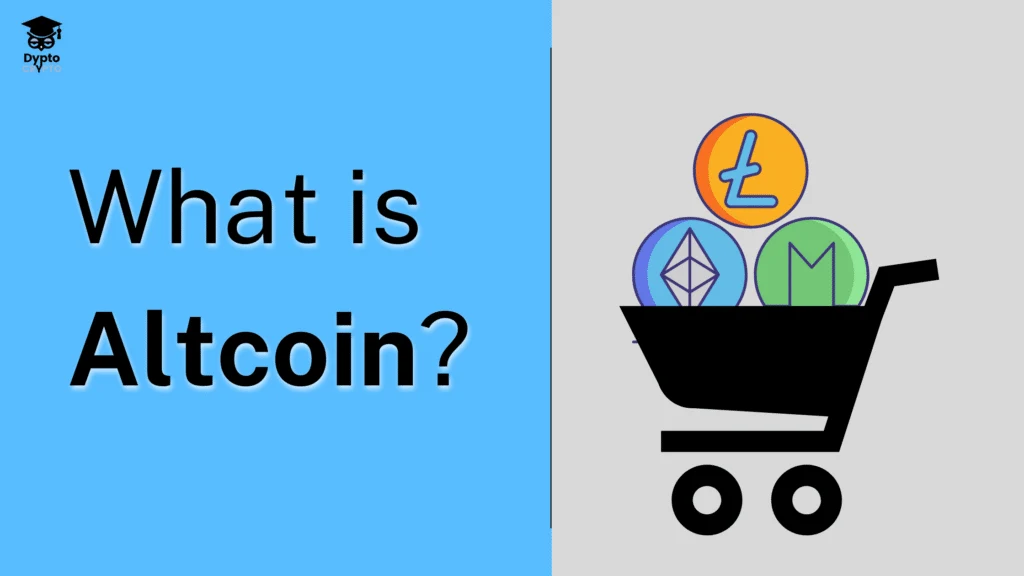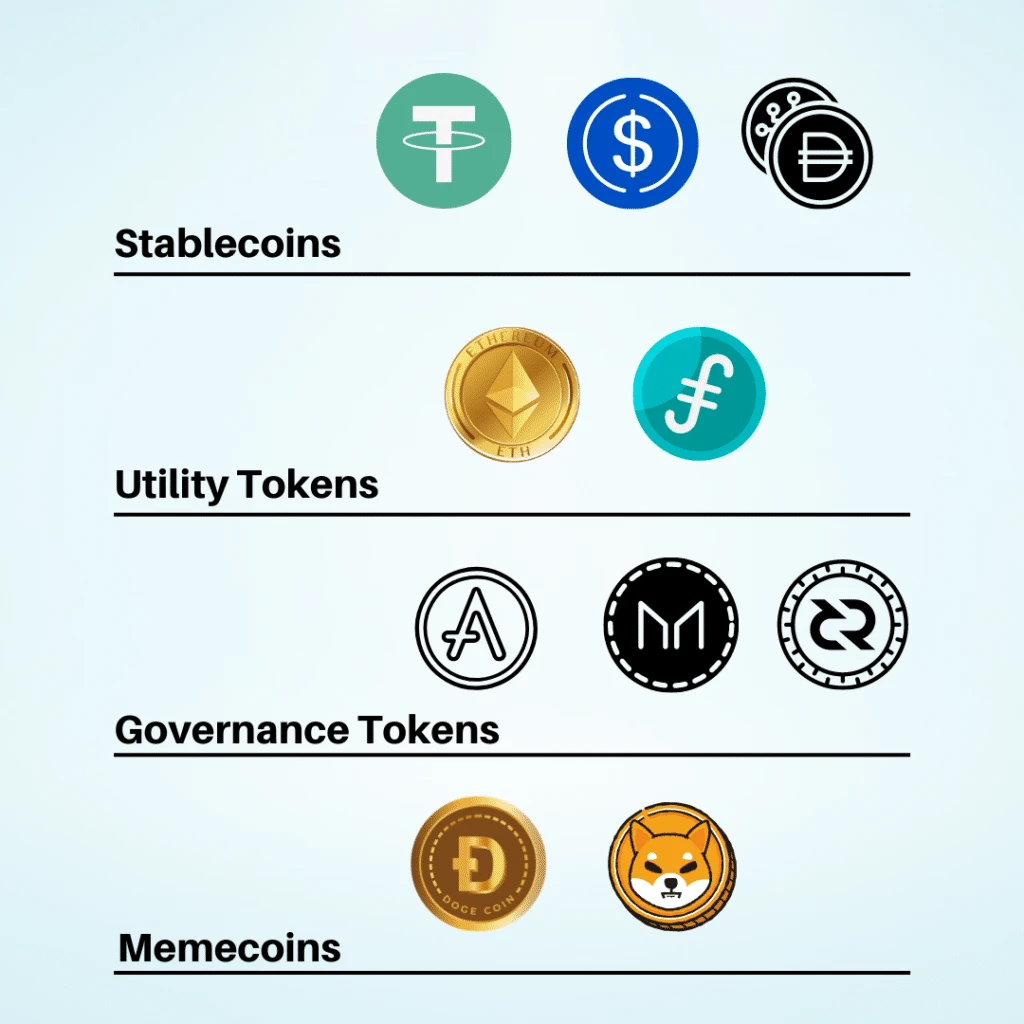What is an Altcoin?
The term Altcoin refers to any cryptocurrency other than Bitcoin (BTC). This includes thousands of other cryptocurrencies and cryptocurrency tokens such as ETH, USDT, BNB, and more.
The long definition
Altcoins are ‘alternative coins,’ i.e., all cryptocurrencies that are not Bitcoin. An altcoin can be formed when a new blockchain is created. For example, when the Ethereum blockchain was created, it included its own cryptocurrency, an altcoin called ether(ETH). Other altcoins include DAI, DOGE, SHIB, SOL, and more.
Many altcoins are forks. This means they are formed by splitting from an existing blockchain, usually Bitcoin or Ethereum. There are so many altcoins forked from Bitcoin and Ethereum that some people describe an altcoin as any cryptocurrency other than BTC or ETH.
Forking happens for a variety of reasons. The most common is a dispute between developers. It may also result from attempts to improve some perceived limitations of their parent cryptocurrency or blockchain. Notable altcoins that fall under these criteria are Ethereum Classic and Bitcoin Cash, forked from Ethereum and Bitcoin, respectively.

Different types of Altcoins
Altcoins fall into several groups. However, these categories aren’t mutually exclusive. So, an altcoin belonging to one category can also be in another.
1. Stablecoins
The volatility of crypto assets led to the creation of stablecoins designed to have a stable price. Their stability is achieved by pegging them to something of stable value, like a precious metal or a fiat currency.
Currently, the most popular stablecoins have their value pegged to the dollar. These include USDT, USDC, and DAI.
2. Utility tokens
Utility tokens have certain key functionalities within their native blockchain. For instance, they’re used to pay network fees for transactions, minting tokens, and accessing other services. They’re also issued as rewards to miners.
A good example is ETH. It is used to pay gas fees, service fees charged on transactions, minting, and deploying dApps/smart contracts on the Ethereum blockchain.
A particularly interesting utility token is Filecoin. It is used to purchase file space on the Filechain blockchain.

3. Governance tokens
Governance tokens are typically issued by decentralized autonomous organizations (DAOs). A DAO is an organization where the administration is decentralized. This means members are responsible for passing key decisions through voting. In this regard, governance tokens represent a stake in the organization, giving the holder a right to vote.
Coins under this category serve a purpose in their native protocol. Therefore, they can be considered utility tokens as well.
4. Security tokens
Security tokens are typically offered on the stock market. They are created through the tokenization of assets, involving the transfer of value from an asset to a token. In this case, the tokenized assets are stocks/securities. This puts security tokens under the regulation of the Securities and Exchange Commission.
5. Memecoins
Memecoins are inspired by social media jokes. Their value is not tied to anything other than the popularity of the joke or meme behind them. They may even enjoy some hype from a big influencer or celebrity. They typically shoot up in value for a while before dipping into obscurity.
However, some meme coins go on to achieve some success. Dogecoin is an example
Altcoins vs. Bitcoin
BTC was the first cryptocurrency. It has the biggest share of the cryptocurrency market, about 40%. ETH has the biggest market share of all altcoins at about 20%.
Altcoins, with the exception of stablecoins and perhaps ETH, are generally more volatile than BTC. They have a higher chance of failure. In fact, more than 90% of all altcoins end up failing.
It’s not all bad though. Some Altcoins can be more advanced than Bitcoin because of improved blockchain technology. Ethereum is an example because you can do much more on the Ethereum blockchain than on the Bitcoin blockchain.

Are Altcoins a Good Investment?
Most altcoins can be thought of as the “penny stocks” of the crypto world. They generally represent smaller projects and are more volatile than blue-chip projects like Bitcoin.
Altcoins, although riskier than BTC, play a big role in blockchain technology. Some altcoin projects are ambitious, offer great utility, and eventually succeed. Most altcoins will fail though. So, if you really want to invest in an altcoin, you must do your own research.
